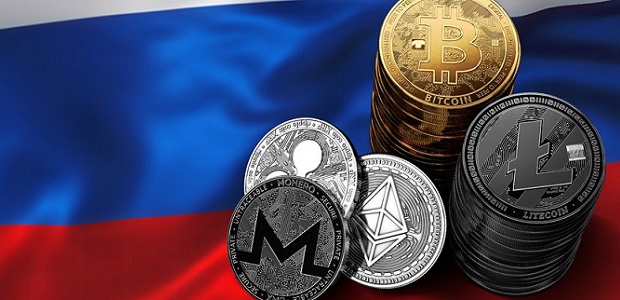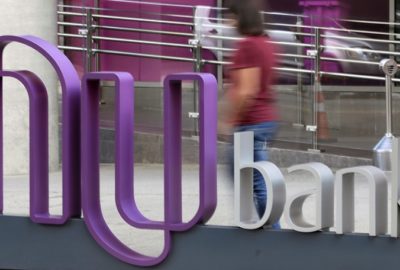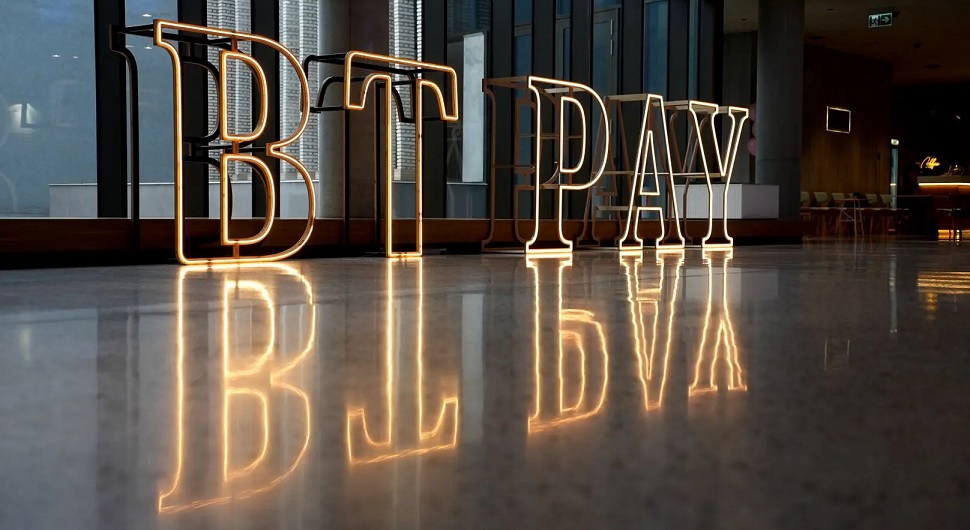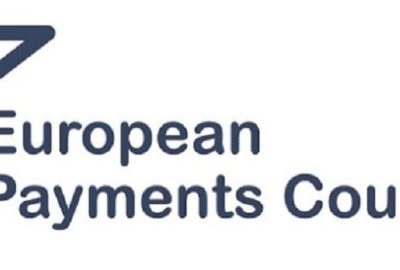Russia’s third-largest state-owned bank wants to let its wealthy clients trade cryptocurrencies

Gazprombank deputy chairman Alexander Sobol said the bank may launch a pilot program this year, though it is early in the planning stages. As such, there are no firm details yet on whether Gazprombank itself will invest in cryptocurrencies or just allow its customers to do so. Sobol said his team is „trying to follow the situation actively,” according to Russian daily news organization Vedomosti.
Sobol continued, saying: „[The pilot] will not be on a grandiose scale, but for [individuals]. There is a demand from large private clients for such services. Therefore, we are now looking at how we can organize this service for them.”
The pilot program, if it happens, will be done through a Swiss subsidiary to take advantage of Switzerland’s relatively permissive regulatory environment, he said. The bank has already begun studying cryptocurrency.
Crypto is not currently regulated in Russia, though this may soon change. As previously reported, Russian president Vladimir Putin has ordered the State Duma to vote on cryptocurrency legislation by July 1. The legislature will look at two draft laws, which would limit initial coin offerings and other aspects of the cryptocurrency space.
Source: coindesk.com
Dariusz Mazurkiewicz – CEO at BLIK Polish Payment Standard
Banking 4.0 – „how was the experience for you”
„To be honest I think that Sinaia, your conference, is much better then Davos.”
Many more interesting quotes in the video below:










